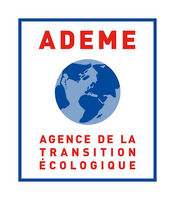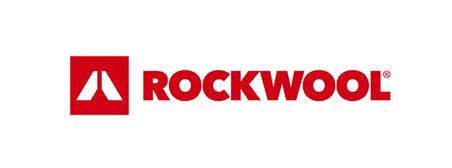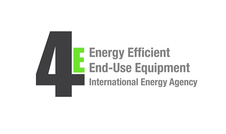Search eceee proceedings
Are synthetic fuels a promising option for ships and trucks? An investigation of actors and acceptance of renewable methane in Germany
Panel: 6. Energy-efficient and low-carbon mobility for all
Authors:
Uta Burghard, Fraunhofer Institute for Systems and Innovation Research, Germany
Aline Scherrer, Fraunhofer Institute for Systems and Innovation Research ISI
Abstract
Introduction
In the transport sector, synthetic methane from renewable energies represents a new option for decarbonising energy-intensive applications, like road freight transport and shipping. Whether renewable methane will succeed on the market in the future depends largely on how efficiently and cost-effectively it can be produced. In addition, a new technology such as renewable methane must receive support from various social actors in order to become established.
Research questions
The following questions are examined: 1) Which types of actors are currently active in the innovation system around renewable methane (and specifically in the truck and ship applications) in Germany? 2) How do the actors perceive the potential of renewable methane in general and in both applications?
Data and methods
A media and publication analysis of 279 German newspaper articles and publications and 12 guideline interviews with German stakeholders from the shipping and trucking sectors form the empirical base. To answer the first research question, actors were identified by means of the media and publication analysis. Subsequently, an overview of the actor system for synthetic methane was created with the help of an actor systematization (Hekkert et al. 2011). For the second research question, potential interview partners with a market focus around both applications were selected and interviewed about their assessment and acceptance.
Results
Regarding the first research question the results show that renewable methane has so far been discussed almost exclusively in specialist circles. At the same time, a wide range of actors, especially from research and industry, are already active in the field. Only few actors were identified around the usage of synthetic methane in ships and trucks. This reflects the early stage of development. In addition, there is a large number of supporting organizations and an absence of critical voices. The interviewed stakeholders (second research question) are more positive towards renewable methane for ships than for trucks since energy-efficient solutions for large ships are scarce and LNG (Liquefied Natural Gas) has proven to be a viable option. Among ship actors, the technically straightforward conversion from LNG to synthetic methane is strongly emphasized. This can help overcome the long lifetimes of ships as a barrier to switching to alternative fuels or propulsion systems.
The truck actors, on the other hand, see other options, such as electric drives, as more promising. Some interviewees, however, continue to see gas drives as a bridging technology for the next few years (fossil gas) or with a longer-term potential for specific applications such as heavy-duty long haul transport (electricity-based gas).
Despite these differences, similar challenges for future market development were identified for both applications, such as e.g. resource competition and generation of renewable electricity, development of costs, regulation, slow development of infrastructure (incl. generation plants), lack of willingness to invest and lack of political support.
Conclusion and outlook
For the application of ships, it can be expected that the political pressure to reduce greenhouse gas emissions will increase further in the future. On a German national level there are also drivers for a further market development of LNG and in the long term synthetic methane (Timmerberg et al. 2021). In addition to renewable methane, however, the interviewees also see other promising options. As far as the truck sector is concerned, however, it will be a major challenge for synthetic methane to establish itself as an option. Here, both generation plants would have to be built and sufficient renewable energies would have to be available, as well as legislation that would classify gases produced in this way as climate-neutral. Only through a cost advantage over fossil fuels, a market opportunity for synthetic methane can emerge.
Downloads
Download this presentation as pdf: 6-174-22_Burghard_pres.pdf
Panels of
1. Dynamics of consumption: less is more?
2. Efficiency and beyond: innovative energy demand policies
3. Policy, finance and governance
4. Monitoring and evaluation for a wise, just and inclusive transition
5. Towards sustainable and resilient communities
6. Energy-efficient and low-carbon mobility for all
7. Policies and programmes for better buildings
8. Innovations in products, systems and building technologies



























